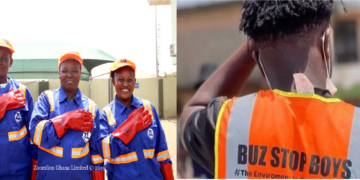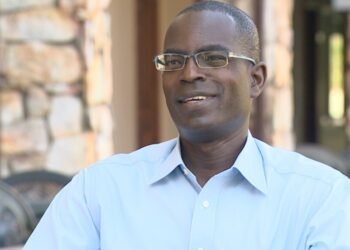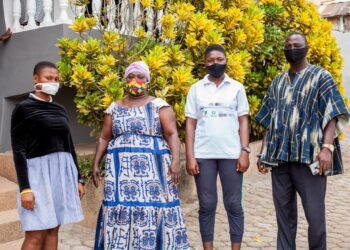Mr Samuel Okudzeto-Ablakwa, Deputy Minister of Education, has expressed concern about the lack of interest of students in vocational and technical education.
He said this year only 2.3 per cent of Basic Education Certificate Exams graduates opted to do vocational and technical courses in the senior high schools (SHSs).
This, he said, would not help to fill the technological gap that Government is trying to address as part of its developmental agenda.
Mr Ablakwa was speaking during the launch of the 2nd Skills Development Fund (SDF) fair organised by Council for Technical and Vocational Education and Training (COTVET) for its beneficiaries.
The SDF which was started with a $60 million funding from the World Bank and DANIDA was aimed at providing financial support to the private sector to enable firms upgrade the skills of their employees and acquire innovative technology that promote production efficiency and competitiveness.
The fair showcased the activities and works of SDF beneficiaries which included metal and fabrication works, beauty and cosmetics, textiles, agro processing, tourism and hospitality, building and constructions, manufacturing, among others.
Mr Ablakwa appealed to SHS graduates who did not qualify for the universities to endeavour to get themselves equipped with technical or vocational training as government is ever ready to support them.
He said Ghana had started bringing in artisans from other countries in West Africa to fill in critical roles “because we have not done much in terms of training but only paying lip service to the need to train more people to occupy such critical roles especially in the oil industry.
He appealed to parents to whip up the interest of their children in technical and vocational education.
He said skills and technology development are very crucial to the development agenda of every country’s industrialisation.
“It provides the building blocks for the meaningful take off of any industrial revolution by empowering the middle level manpower to propel productivity,” he said.
He expressed appreciation to the World Bank and DANIDA for their financial support towards the establishment of the SDF.
He enumerated a number of projects which have been funded by the SDF including horseman shoes, which began in collaboration with Kwame Nkrumah University of Science and Technology to transfer leather designing and shoe making skills to interested students.
“Such partnerships are what Government has been pursuing to transform our teaming youth from being unemployed job seekers to creative entrepreneurs,” he said.
He said the SDF had also supported the development of indigenous industries by funding the acquisition of innovative skills to increase the quality of output to global standards and create avenues for business growth and competitiveness.”
He mentioned the Tamale Smock Weavers Association, Asuogyaman Soap Makers, and the Sirigu Women Organisation for Pottery and Arts as some of the organisations, which have been helped under the SDF project.
“Also 1,000 members of Ghana Association of Electrical Contractors are currently being supported by SDF to train and acquire skills in solar PV system installation and maintenance at Ghana Technology University College,” he said.
He said the fund among other things, have been working towards the realisation of Government’s agenda to find lasting solution to the age old problem of irrelevant curriculum or training content in our training institutions.
“This has been done by providing funding for training institutions to develop innovative curriculum and training modules in skills areas required by industry or private sector to become competitive”, he added.
He said the total grants commitment from SDF has increased from GH₵ 40 million since last year to GH₵87.2 million to 511 firms, institutions and organisation this year.















